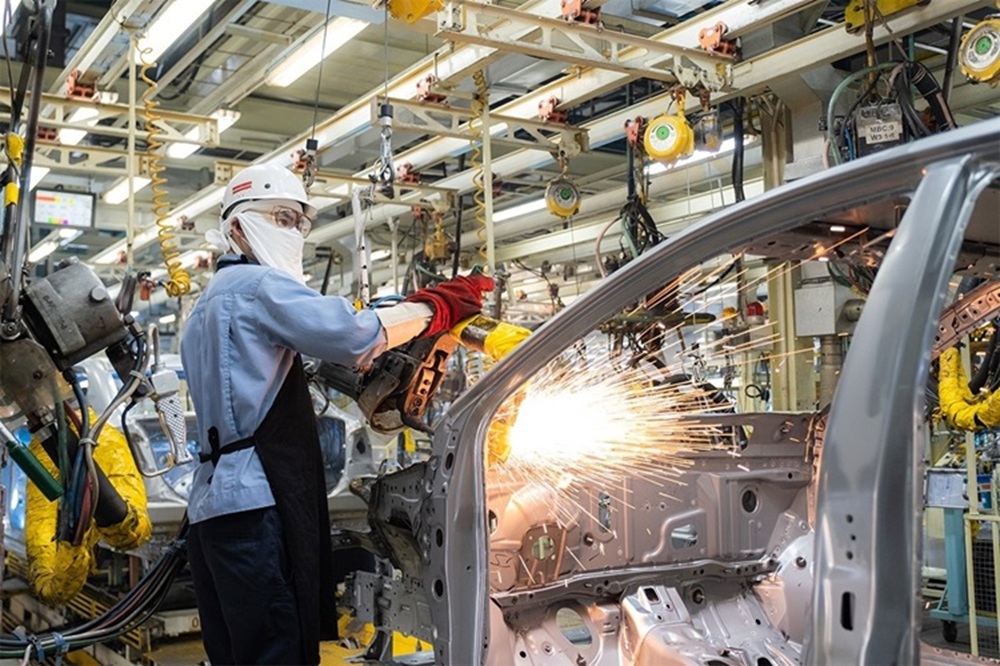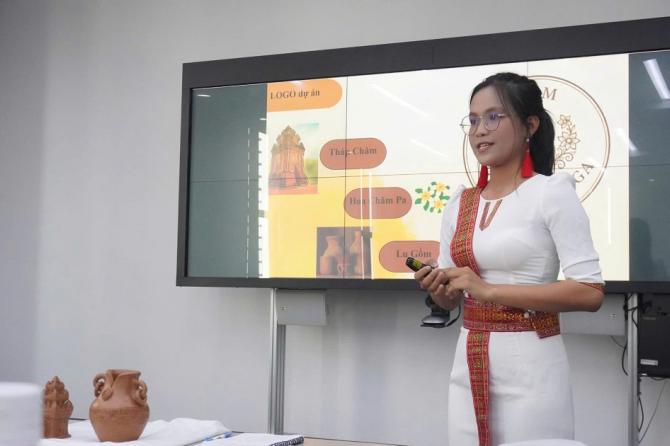New Policies from September 2025: Driving Innovation, Technology Transfer, and Startups in Vietnam
Entering September 2025, a series of important policies officially take effect, creating major momentum for the ecosystem of innovation, science-technology transfer, and startups in Vietnam. These are not just legal adjustments but also strong signals affirming the Government’s determination to build an economy based on knowledge, technology, and creativity.
Intellectual property becomes valuable capital for startups
A notable highlight among the new policies is Decree 210/2025/NĐ-CP (effective from September 15, 2025), which allows intellectual property rights, technologies, and technical know-how to be counted as capital contributions to venture investment funds for innovative startups. Previously, capital contributions were mostly limited to cash, land use rights, or tangible assets, making it difficult for many tech startups to mobilize resources. The expansion of this legal framework not only removes the “capital bottleneck” but also affirms the economic value of knowledge and creativity. From now on, intellectual assets – from patents, software, process know-how, to trademarks – are officially recognized as capitalizable and commercializable assets, contributing to a more dynamic technology market.

According to experts, this policy will create a major “push” for the startup ecosystem, encouraging founders to invest more in research, thereby creating products with high scientific and technological value and international competitiveness. Under the regulation, a venture capital fund can be established by 2 to 30 investors, has no legal entity status, and is not allowed to make cross-investments or invest in securities. Accordingly, Decree 210/2025/NĐ-CP is expected to break down capital barriers, promote the venture capital market, and elevate the value of intellectual property in the digital economy.
Boosting supporting industries and technology transfer
At the same time, Decree 205/2025/NĐ-CP (effective from September 1, 2025) focuses on supporting technology transfer, innovation, and application to develop prioritized supporting industries. Participating enterprises may receive direct support from national funds such as:
- National Technology Innovation Fund;
- National Foundation for Science and Technology Development (NAFOSTED);
- National Program for High Technology Development;
- Along with various other incentive policies.

Notably, R&D and technology transfer projects may receive up to 50% financial support for activities such as training, prototype manufacturing, consulting, invention, and intellectual property protection; some specific items may be supported up to 70%. This is an important step to help domestic enterprises enhance technological capacity and gradually integrate into global supply chains in sectors such as electronics, precision engineering, auto parts, textiles, and high-tech industries.
National universities become high-quality research and technology transfer centers
In the field of education and research, Decree 201/2025/NĐ-CP officially grants national universities a new status—not only as training institutions but also as multidisciplinary and multi-field centers for scientific research and technology transfer.
National universities will be oriented to become innovation hubs, with some academic programs ranking top domestically and achieving high global standings. This policy is expected to strengthen links between universities, research institutes, and businesses, generating many applied research products and fostering spin-off companies from universities. It is envisioned that major universities will become “launchpads” for applied research projects and act as strategic bridges between scientists and the market.
Completing Vietnam’s innovation ecosystem
It can be seen that the newly issued policies in September 2025 are not fragmented but logically connected, forming a “three-pillar” closed policy chain for the innovation cycle:
It can be seen that the new policies issued in September 2025 are not fragmented but interconnected within a developmental logic, forming a “three-pillar” closed policy framework for the innovation cycle:
- Decree 210/2025/NĐ-CP paves the way for recognizing intellectual property rights, technologies, and technical know-how as capital assets, enabling startups to mobilize resources more easily;
- Decree 205/2025/NĐ-CP on the development of supporting industries provides significant incentives for technology transfer activities, creating conditions for enterprises to enhance production capacity and competitiveness;
- Decree 201/2025/NĐ-CP on the functions and tasks of national universities clearly defines the role of universities as hubs connecting research with businesses, contributing to the commercialization of scientific outcomes and expanding cooperation.
Overall, these policies not only remove bottlenecks in capital and mechanisms but also lay the foundation for a sustainable startup–innovation ecosystem, thereby enhancing Vietnam’s competitiveness in the context of globalization.
Sources: Government News, VnEconomy, VnExpress, LuatVietnam (September 2025)




